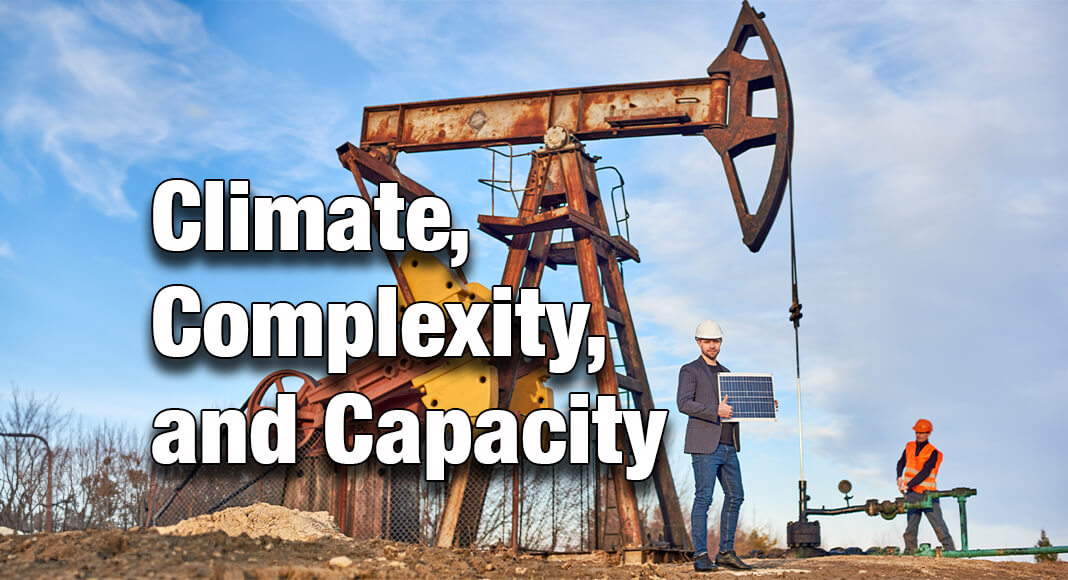
Texas Border Business
The Permian Basin of Texas and New Mexico is one of the largest sources of oil and natural gas in the world and the primary reason that the US is now the leading country in production. Moreover, it helps ensure the energy security of the United States and our allies during a period of extreme geopolitical tension.
Without this supply, we would be much more vulnerable to supply shocks due to decisions by nations with interests and priorities vastly different from our own. We would also see higher prices and more spikes which increase costs across the economy. It’s hard to overstate the significance of these resources. Any rational attempt to address climate concerns while providing the energy needed to lift billions out of poverty requires the responsible deployment and delivery of the relatively low-carbon oil and natural gas lying beneath this enormous region.
An escalating concern in these efforts is the associated natural gas that often occurs tangentially with crude oil extraction. It is typically separated from the oil at the wellhead and is distinct from non-associated gas produced in conventional gas fields (which typically do not produce oil).
Most natural gas in the Permian flows through the Waha Hub, a major gathering point near Fort Stockton, and from there to the Gulf Coast via pipeline. With the recent rapid rise in oil production, however, capacities have been exceeded. The result is a massive oversupply at Waha which has actually caused spot prices there to often be negative, with producers paying to have the gas removed. In fact, despite shortages around the world, prices at Waha have been below zero for almost half of all trading days this year, often substantially so.
Fortunately, some relief is in sight. Pipeline capacity in the Permian Basin is set to increase. One new facility is coming online now, and several others are in various stages of development. Most will flow to points along the Gulf Coast, including those proximate to LNG facilities which enable shipments to Europe, Asia, and other regions around the globe (many of which are used to supplant higher emissions sources of electric power). Another will allow for additional exports to Mexico.
These new pipelines help to convert a problem (insufficient capacity resulting in supply not being available) into a valuable asset. In addition to providing relatively clean-burning fuels, these exports improve the US balance of trade and foster domestic economic growth. The regulatory process for pipeline construction is at times cumbersome and uncertain, thus causing delays, greater expense, and enhanced risk to those who implement them. It is critical to develop the crucial infrastructure to move essential energy from where it is to where it is needed. Stay safe!
__________________________
Dr. M. Ray Perryman is President and Chief Executive Officer of The Perryman Group (www.perrymangroup.com), which has served the needs of over 3,000 clients over the past four decades.
















